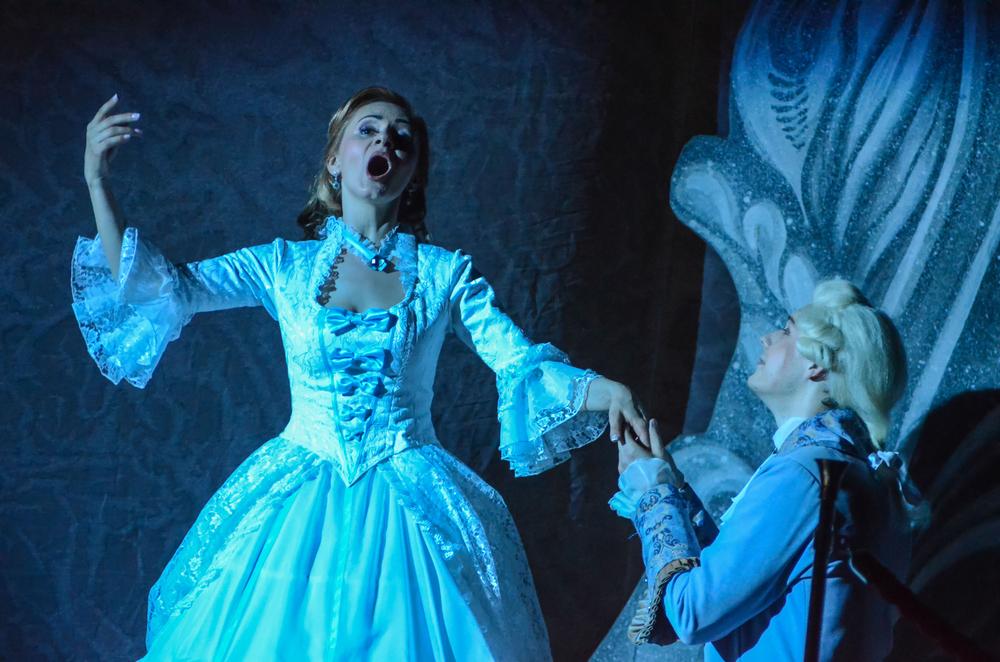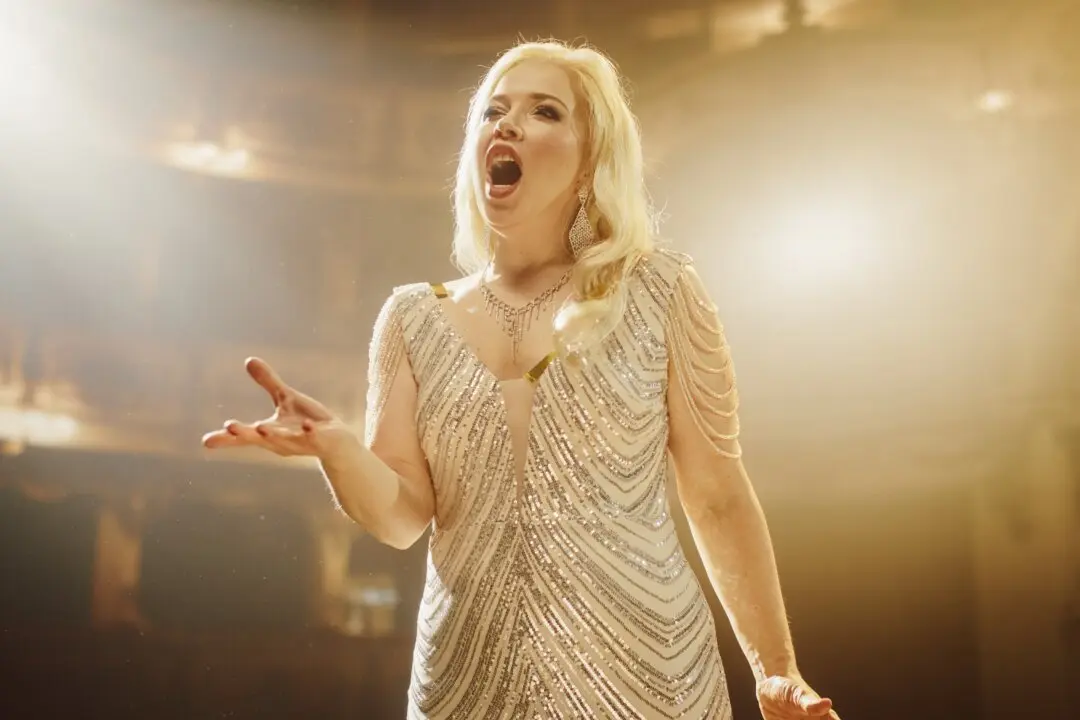Opera has become a joke in modern pop culture. From commercials to movies, it’s always considered funny to make a crack about opera and its singers. Tropes of stout blond singers in horned helmets and breastplates are all that most people know about opera. However, most people have never experienced real opera. Other than Mozart’s “The Queen of the Night” aria and a few Wagner choruses, most of opera’s beautiful music is unappreciated.
Unfortunately, modern opera stages rarely present traditional operas as they were written and have been enjoyed for centuries. In the 21st century, it has become standard practice in the United States to modernize or alter traditional operas. This practice, which originated in Germany in the 20th century, is called “Regietheater” or, when specifically applied to opera, “Regieoper.” Its antithesis is “Werktreue,” the German term for works that closely adhere to their creators’ original intentions.






